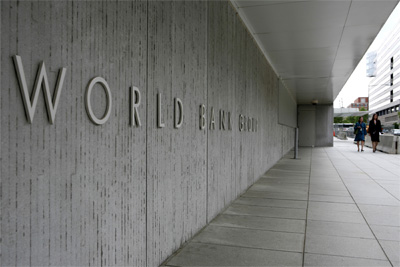
Annual Heat-Related Deaths in Central Asia Could Reach 10,000–23,000 Without Adaptation By 2090
Annual Heat-Related Deaths in Central Asia Could Reach 10,000–23,000 Without Adaptation By 2090
Tashkent, Uzbekistan (UzDaily.com) — Central Asia is facing increasing risks from extreme heat, posing serious threats to public health, the economy, and regional infrastructure.
According to the World Bank report Unlivable: How European and Central Asian Cities Can Survive and Thrive in a Hotter Future, rising temperatures in cities such as Tashkent, Astana, Bishkek, and Ashgabat are driving higher mortality rates and significant economic losses.
Heat-related fatalities are already high, and projections indicate that by 2090, without effective adaptation measures, annual deaths in some cities could reach 10–23 thousand people.
Economic losses are also substantial: in 2023, higher temperatures led to the loss of over 87,000 jobs. Extreme heat reduces productivity in sectors such as agriculture, construction, transport, and tourism. It also damages transport infrastructure—for example, about 200 kilometers of roads in Kyrgyzstan are affected annually, increasing repair costs and disrupting economic activity. In Kazakhstan, heat raises electricity demand, stressing the energy system and highlighting the need for climate-resilient infrastructure.
The World Bank emphasizes that timely investments in adaptation measures could prevent up to 80% of projected deaths and reduce economic losses. Key strategies include expanding green spaces, planting trees, retrofitting buildings for climate resilience, creating early warning and cooling centers, and using heat-resistant materials in construction and urban planning.
Regional experts, including Ismail Dairov, director of the Regional Mountain Center, note that temperature increases in Central Asia are outpacing global averages. They urge countries to coordinate efforts to develop and implement joint adaptation strategies. Only through coordinated action, investment, and changes in policy and public behavior can the negative impacts of global warming be minimized.
Rising temperatures and associated risks are a serious challenge for Central Asia. For Uzbekistan and neighboring countries, recognizing the scale of the problem and actively implementing adaptation measures is critical to protecting public health, preserving the economy, and ensuring resilient urban infrastructure, the World Bank experts conclude.